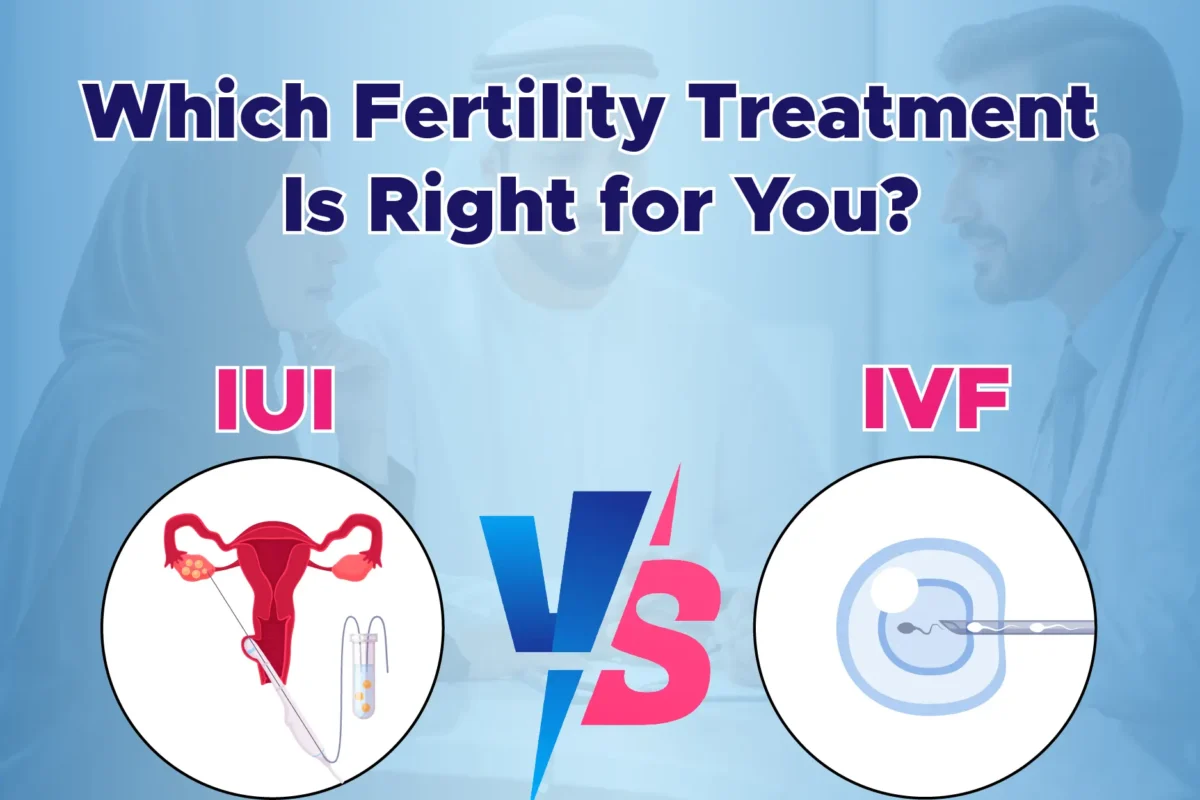If you are planning IVF treatment in Dubai, it is extremely essential to know the legal framework guiding assisted reproductive technologies (ART) in the UAE. Dubai provides sophisticated fertility treatments, but patients are required to adhere strictly to rules. Understanding these rules will enable you to plan your treatment confidently and steer clear of any legal or ethical issues. In this article, we elucidate the most important legal implications of IVF in Dubai.
IVF Law UAE: An Overview
The UAE has specific laws regarding medically assisted reproduction. In 2019, Federal Law No. 7 on Medically Assisted Reproduction was enacted. The law governs all fertility treatments, including IVF, in the UAE. Its primary aim is to provide safe, ethical, and effective fertility care while upholding cultural and religious values.
The law covers various aspects, including who can receive treatment, how embryos are handled, and the rights of patients and clinics. It also defines the responsibilities of doctors and clinics offering fertility services. Following the law is mandatory, and non-compliance can lead to legal consequences.
Dr Mazen IVF Clinic follows all UAE regulations and provides safe, ethical fertility treatments for patients in Dubai. Patients can trust that their care is fully compliant with IVF law UAE.
Legal Rules for Fertility Treatment in Dubai
1. Eligibility for IVF Treatment
In Dubai, not everyone can automatically undergo IVF. There are clear Legal Rules for Fertility Treatment:
- Medical Necessity: IVF is only provided when there is a possibility of natural conception. As a rule, this is only done after a year of attempted natural conception.
- Health Assessment: The woman’s health has to be evaluated by a fertility specialist to ensure that IVF will not be too risky for her or the pregnancy.
- Consent: Both partners have to provide written consent for the procedure. This makes sure that all involved are aware of the process and agree to treatment.
These regulations are aimed at safeguarding the health and rights of patients and ensuring ethical practice treatment.
2. Marital Status and Religious Considerations
The UAE legislation also specifies who is eligible for IVF in terms of marital and religious status:
Muslim Couples: Legally married couples alone can proceed with IVF. Donor eggs or sperm are not allowed. The couples need to present marriage documentation before treatment.
Unmarried Muslim and Non-Muslim Couples: Unmarried couples, both Muslim and non-Muslim, may also receive IVF. But the gametes from donors are not permitted. IVF children are listed in the names of both parents.
These regulations make sure that IVF procedures are in line with prevailing local culture and religion.
Embryo Freezing Laws Dubai
Embryo freezing is one of the key elements of IVF. Embryo freezing is allowed under UAE law, but with strict rules:
- Period: The embryos can be stored for a maximum of five years. Renewals can be asked for and involve the permission of the medical authorities.
- Transference Rules: The frozen embryos should not be transferred from one clinic to another without the agreement of the couple and permission from the authorities.
- Embryo Utilisation: Frozen embryos should only be utilised by the couple that produced them. They cannot be given or sold for research.
Freezing embryos enables couples to bank their fertility and plan for future pregnancy. Dr Mazen IVF Clinic offers advice on embryo freezing and stays in line with all UAE laws.
Egg Freezing vs. Embryo Freezing
IVF treatment in Dubai also includes knowing the differences between egg freezing and embryo freezing:
- Egg Freezing: This method enables women to save their eggs for future use. Single women can save their eggs, but their eggs can only be fertilised with their husband’s sperm after they are married.
- Embryo Freezing: This method consists of fertilising the eggs before freezing them. It typically provides greater possibilities of success in future IVF treatments than egg freezing.
Both are legal in Dubai under certain conditions. The patients ought to consult their fertility specialist to determine which one will suit their needs.
ALSO Read: Egg Freezing in Dubai: Cost, Procedure & Success Rates
Fertility Preservation for Medical Reasons
The law also enables fertility preservation due to medical reasons. For instance, people taking chemotherapy or other forms of treatment that compromise fertility can choose to freeze sperm or eggs. This way, they get to keep the option of having children in the future open.
Dr Mazen IVF Clinic has experience in preserving fertility among patients undergoing medical challenges. The clinic offers meticulous advice and makes sure all the procedures are lawfully compliant.
Selecting the Right IVF clinic in Dubai
Choosing a reputable clinic is crucial for a successful IVF journey. Dr Mazen IVF Clinic is one of the most trusted fertility clinics in Dubai. Dr Mazen, a leading fertility specialist, oversees all treatments and ensures that patients receive safe and ethical care.
Patients must always verify that a clinic adheres to UAE regulations. The clinic needs to give detailed information about treatment plans, consent forms, and legal frameworks. This avoids misunderstandings and provides a seamless IVF experience.
ALSO Read: How to Choose Best Fertility Clinic
Documentation Needed for IVF Treatment
To pursue IVF in Dubai, patients need to submit the following documents:
- For Muslim Couples: Valid marriage certificate.
- For Non-Muslim Couples: Passports and identification documents.
All documents should be original and comply with UAE standards. Dr Mazen IVF Clinic helps patients prepare the required documentation to adhere to domestic law.
Ethical and Legal Considerations
UAE legislation also places great emphasis on ethical considerations of IVF treatment. Clinics should uphold patient confidentiality, ensure informed consent, and refrain from unethical behaviour. Donor gametes, surrogacy, and commercial egg donation are all outlawed.
Adhering to these guidelines safeguards both the patient and the clinic. Dr Mazen IVF Clinic strictly abides by the principles of ethics while offering cutting-edge fertility treatment.
Final Thoughts
It is helpful for anyone thinking of undergoing fertility treatment to be aware of the law regarding IVF in Dubai. The UAE has well-defined and forward-thinking laws that promote patient protection, ethical practice, and high-quality treatment.
Couples and individuals undergoing IVF must consult a licensed expert, prepare the necessary documents, and learn about regulations for freezing eggs and embryos. Dr Mazen IVF Clinic offers professional advice and individualised care to assist patients in realising the legal and medical aspects of IVF.
Through adherence to UAE laws and consulting experienced experts, patients can pursue IVF with confidence and move toward parenthood with safety and legality.
Disclaimer: This is a general overview of IVF laws in Dubai and not a replacement for professional medical or legal consultation. Always seek advice from a qualified medical professional or legal consultant for advice applicable to your case.





